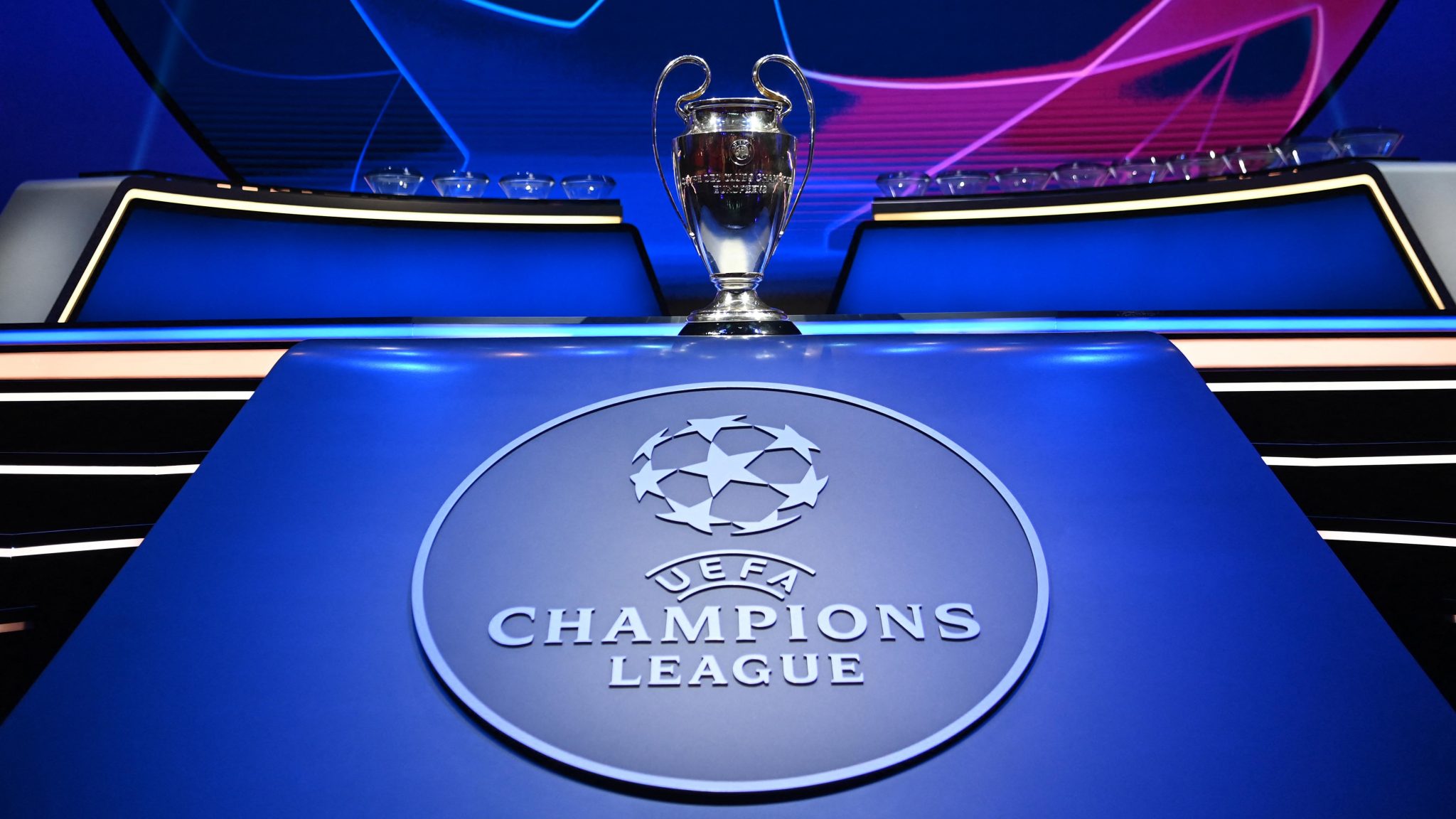
At a time when a clique of super clubs has cemented its grip on the Champions League and the riches that go with it, Villarreal’s surprise progress to the semi-finals of Europe’s elite competition is to be savoured.
The Spaniards followed their stunning victory over Italian giants Juventus in the last 16 by ousting Bayern Munich in the quarter-finals, a 1-1 draw in Germany on Tuesday taking them through 2-1 on aggregate.
The club known as the Yellow Submarine and from a town of barely 50,000 people are through to the semi-finals against the odds, but deserve to be there thanks to the outstanding work done under coach Unai Emery.
However, on Tuesday he was eager to praise Fernando Roig, whose presence is a reminder that a small club can only hope to go this far if it has the backing of a very wealthy benefactor.
Roig is the billionaire owner of ceramics firm Pamesa who bought Villarreal — from just north of Valencia on Spain’s east coast — in 1997 and utterly transformed their fortunes.
A year later they had won promotion to Spain’s top flight, and in 2006 they reached their first Champions League semi-final under Manuel Pellegrini, losing to Arsenal.
Last year they won their first major trophy, beating Manchester United on penalties in the final of the Europa League, a competition Emery won three times in charge of Sevilla.
But the Champions League – which has become even more of a closed shop in the 16 years since Villarreal last went so far — is a step up again.
‘Asterix and Obelix’
“We are here not so people can say how cool we are or how nice we are, that we are from a little village like Asterix and Obelix,” said Emery.
“No, no. We have a very solid and stable project put in place by the Roig family that goes back many years. We have played in the semi-finals before. Lots of work and preparation has gone into this.”
Emery may have sought to kill the notion that Villarreal’s progress is some kind of fairytale, but they have still upset the odds.
Roig has enabled Villarreal to establish themselves as a force in La Liga yet the club’s budget pales in comparison to their Champions League rivals.
In December the club, who are seventh in La Liga, announced expected revenues for this season of 139 million euros ($150m).
That figure would not place them among the top 30 in the most recent Deloitte Football Money League which ranks the world’s richest clubs.
In contrast Bayern were third on that list with revenue over 600 million euros in the pandemic-affected last season.
Money usually comes out on top, but Villarreal had already claimed famous wins over Juventus and United, two others ranked among the top 10 richest in the world.
The other club to reach the semi-finals on Tuesday, Real Madrid, had the second-highest revenues globally last season.
On Tuesday Emery’s team soaked up so much Bayern pressure that they had just 35 percent of possession and only four attempts on goal compared to 24 for their opponents.
The defensive strategy worked.
“It’s incredible. I think we have shocked Europe,” said French midfielder Etienne Capoue, one of several players who could be described as Premier League flops along with the likes of Juan Foyth, Alberto Moreno, Francis Coquelin and Giovani Lo Celso.
Villarreal’s progress comes as clubs are pushing to reserve two places in the new, expanded 36-team Champions League from 2024 to teams who failed to qualify via the usual routes but have a high UEFA coefficient ranking.
That has been interpreted as a potential safety net for giants who have had a poor season although Villarreal’s coefficient over the last two years is among the very best and they do not want to stop in the semi-finals.
“We can dream,” Emery told BT Sport.
“We can’t settle for what we have done. We have to be ambitious.”
Follow our socials Whatsapp, Facebook, Instagram, Twitter, and Google News.








